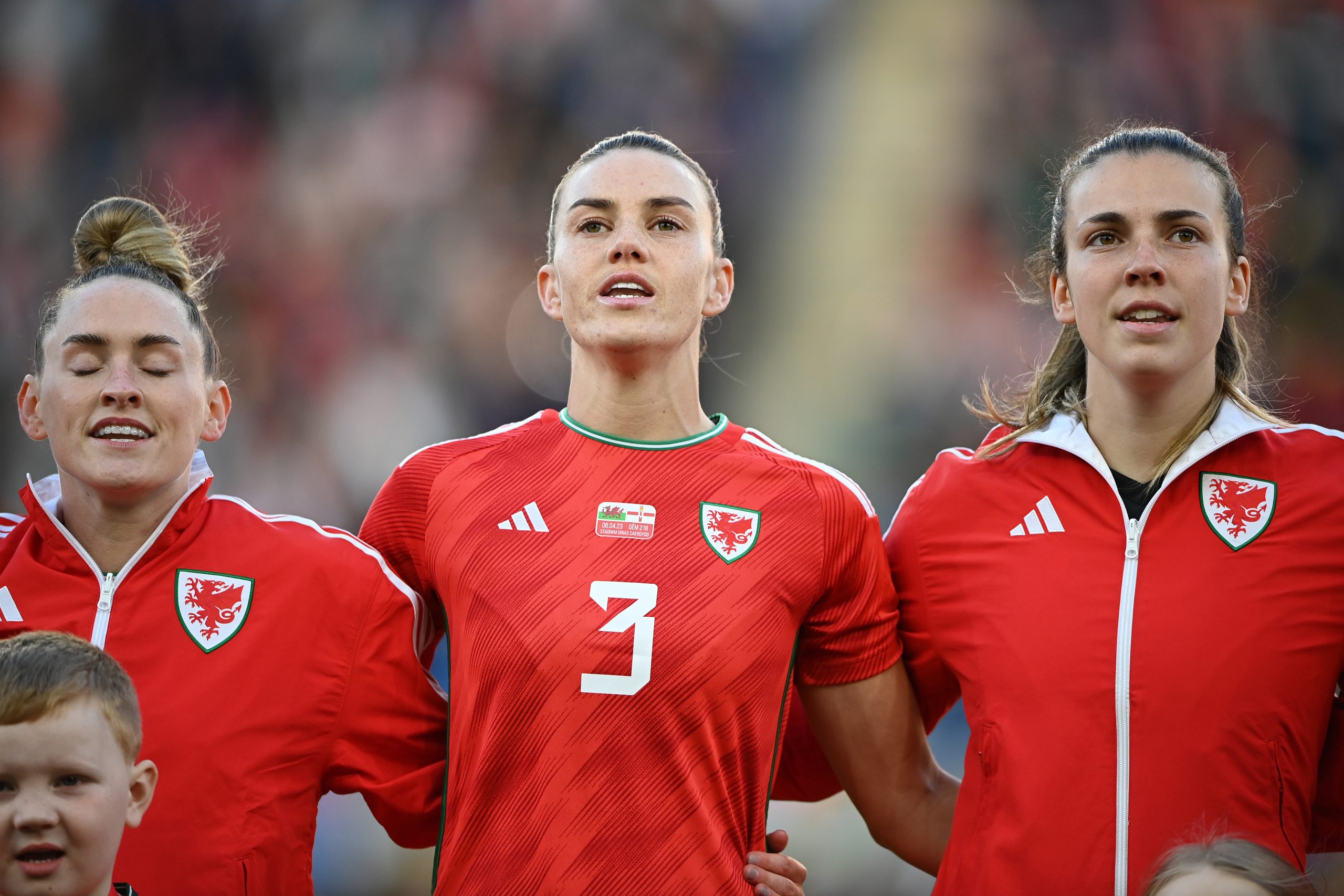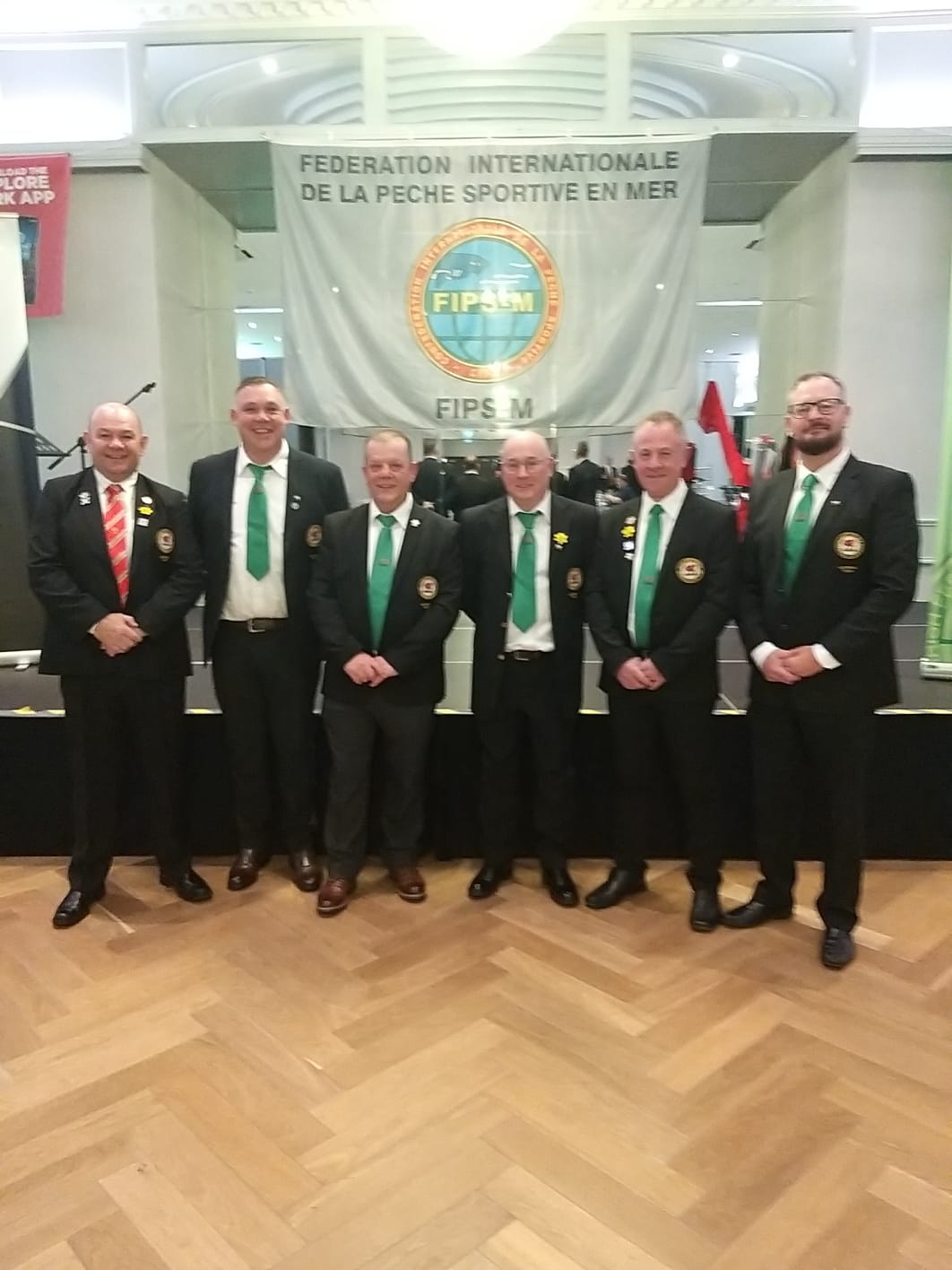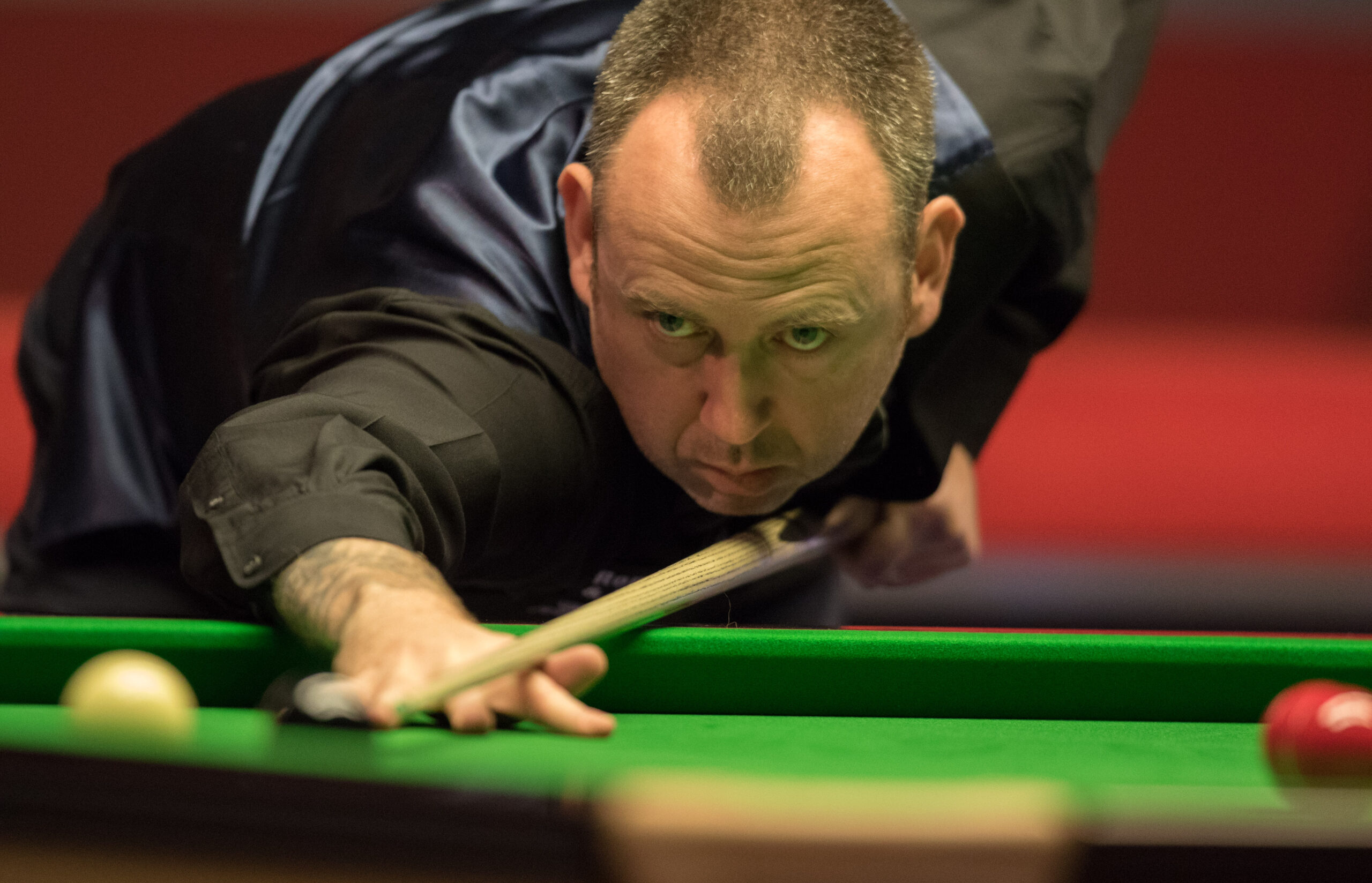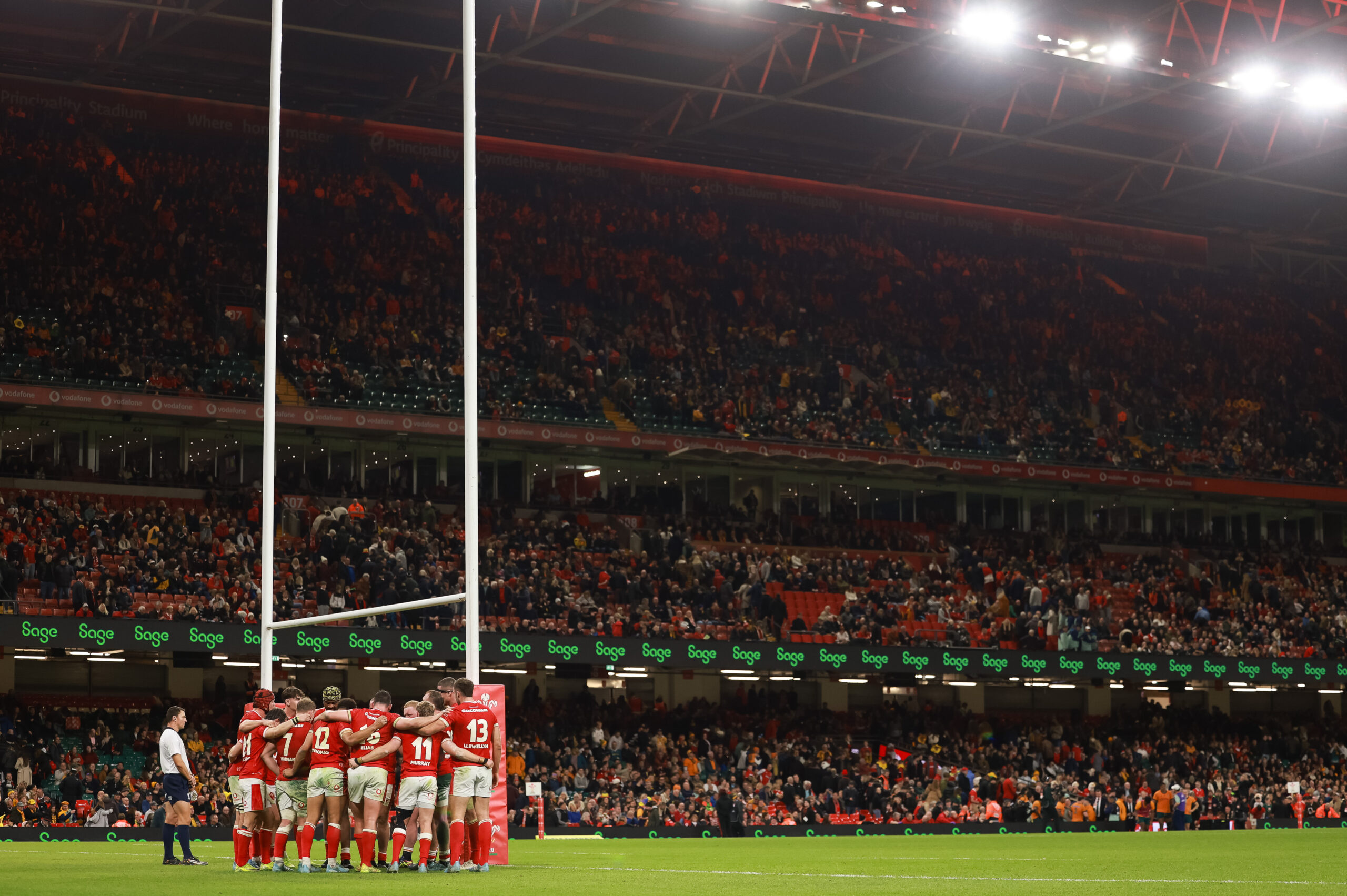Red Devil . . . Wales Star Gemma Evans Is On The Rise
Five years ago, Gemma Evans was playing football for Yeovil Town while any dream she harboured of one day running out for Manchester United was hindered by the fact they didn’t actually run a women’s team.
But this month, the Wales defender expects to be playing in a Manchester derby moved from the team’s regular 12,000-capacity Leigh Sports Village ground to Old Trafford – potentially in front of more than 50,000 fans.
Nothing quite illustrates the head-back G-force acceleration of women’s football quite like the Manchester United v Manchester City Women’s Super League (WSL) fixture scheduled for November 19.
From not existing in 2018, United’s women’s team have World Cup finalists like Mary Earps and Ella Toone in their ranks as well as the Brazilian superstar, Geyse.
Evans – who moved to United from Reading in the summer – is clinging on for the ride after a personal gear change almost as rapid as her new club’s.
The 27-year-old centre-back won her 50th cap earlier this year and is widely tipped as Wales’ next captain in succession to Sophie Ingle, but even Evans admits to a sense of disbelief over quite how much her life has changed.
“A few years ago, I would be training between seven and eight o’clock in the evening on a council field and the only people who watched me play were my family,” says Evans, who grew up in Gelli in the Rhondda.
“Now, I could be running out to play in front of tens of thousands at Old Trafford and everything in the background – the facilities, the equipment, the coaching – has just gone through the roof.
“But it’s nothing more than we deserve. Women have had to fight so hard to knock down barriers, overcome negative press, and even now we are still a way behind the men’s game.
“I’m grateful for how it’s gone, but it’s going to get even better.”
Comparison with the men’s game is usually the yardstick by which women’s football is measured, although sometimes it’s just a plain old stick to dish out metaphorical beatings on social media.
Unlike her male counterparts employed by the same club, Evans is not a multi-millionaire and does not live in an eight-bedroomed mansion in Chesire.
She is based near Salford and reckons her brief few months with the club have yet to mean she is recognised in coffee bars, shops or petrol stations around the city.
“I did get stopped in the Apple shop the other day, but that was because I was with Tooney (England Lioness, Ella Toone), but other than that I don’t get anyone stop me when I’m walking the dog.”
Modest and grounded, Evans says when someone asks her what she does for a living she replies, “footballer” without yet adding the Manchester United bit.
She does use the same Carrington training ground as Marcus Rashford, Casemiro and Bruno Fernandes, but says interaction between the squads is not very common because of the geography.
“The men’s team train over the other side of the training ground and they’re in a different building to us.
“So, I couldn’t really say how their facilities compare to ours because I haven’t really seen them yet. But the fact that we are now going to be playing at Old Trafford for that derby game is just amazing.
“For the fans and for women’s football in general, it’s an incredible step. When Arsenal played Liverpool on the opening weekend, there were 53,000 people inside the Emirates Stadium.
“I don’t know how much further the game can progress in the time before I retire, but for the next generation the change is going to be massive.
“Whether we will end up playing every game at Old Trafford, who knows? That might be difficult because of the fixture list for the men’s team, but maybe we’ll have our own women’s team stadium at some point, like they have at Manchester City.”
This will be a busy period of the season for Evans, who began her football career with Ton & Gelli Boys and Girls Football Club, before progressing through Ferndale Fillies, Port Talbot Town and Cardiff City before moving into the WSL with Yeovil.
Less than a fortnight after that Manchester derby clash, she is scheduled to play in two Wales international matches as their Women’s Nations League campaign concludes.
Manager Gemma Grainger and her team play back-to-back home games at the Cardiff City Stadium against Iceland (December 1) and Germany (December 5).
In spite of a sometimes-bumpy campaign as Wales find their feet against high quality opposition, the surge in interest in the women’s game around the WSL and England Lionesses, has been reflected in the growing attendances for Wales games.
For Evans, the interesting aspect has been the composition of the Red Wall being built by an emerging fan base.
“It’s been really good to see fans who have watched the men’s Wales games, now also watching the women.
“We want that Red Wall to get bigger and we want them to know how much we appreciate them. That’s why we always give them time at the end of every game.
“I’ve always had amazing friends, female or male, who have come to watch me, but now there are other male supporters coming, and this is why we need to keep our performances at the top level.
“We have to give back to them, what they are giving to us.”
Evans credits Grainger for reviving her international career since the manager succeeded Jayne Ludlow two-and-a-half years ago.
“She has been great for me. Under Jayne, I didn’t really play a lot, but I think I’ve played in every game so far under Gemma.
“She has allowed us a bit more freedom, but within a structure. That’s been the biggest change. She has also given me more belief in myself.
“She says herself I was super quiet, and now I’m like this communicator, arms going everywhere, telling people what to do.”
The women’s international game should have reached peak scrutiny with the World Cup Final in the summer, but instead it was the fall-out from the Luis Rubiales affair that dominated attention.
The disgraced former Spanish FA president eventually quit in the aftermath of the unwanted grabbing and kissing of Spanish player Jenni Hermoso.
In Spain the debate has progressed around power, authority and control of the women’s game – a conversation players like England captain Millie Bright have echoed around topics such as playing schedules and player welfare.
Evans says she was distraught by the way Spain were denied their full credit but is optimistic some good may emerge in the path women’s football carves out for itself in the future.
“It was a massive shame how Spain’s achievement in winning the World Cup was overshadowed by what happened next,” she says.
“But the one positive, is that the players found their voice, they spoke out and their federation eventually made changes.
“I think they showed their strength, their power, and their ability to insist on change.
“That is going to be one of the most important things as women’s football continues to develop.”













